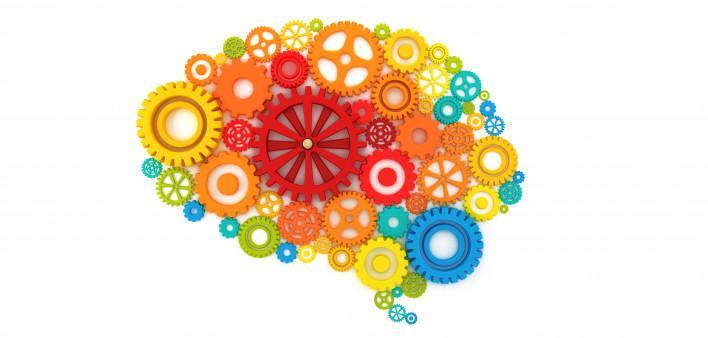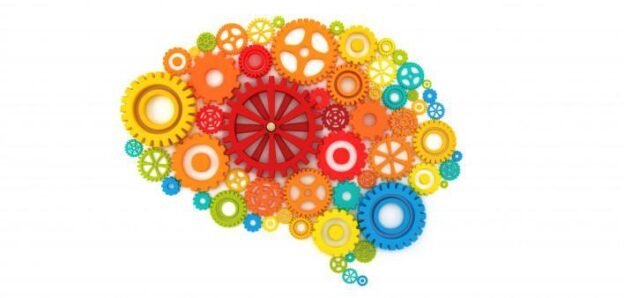The Impact of Stress on the Brain: Understanding Neurobiology | Dr. Rao’s Hospital
The Impact of Stress on the Brain: Understanding the Neurobiology of Stress
Discover the intricate relationship between stress and the brain. Learn from Dr. Rao, a top neurosurgeon in India, about the neurobiology of stress and its implications for brain health. Explore the exceptional care provided at Dr. Rao’s Hospital, known for its neurosurgery and holistic stress management expertise.
Introduction:
Stress is an unavoidable part of life, and its effects can be felt throughout the body, including the brain. The neurobiology of stress reveals the intricate relationship between our brain and stress responses. In this blog, we delve into the profound impact of stress on the brain, shedding light on the subject with insights from Dr. Rao, a renowned neurosurgeon in India. We also explore the exceptional care provided at Dr. Rao’s Hospital, known for its expertise in neurosurgery and its holistic approach to managing stress-related conditions.
Understanding the Neurobiology of Stress:
- The Stress Response: When faced with a stressor, the brain activates the stress response, triggering the release of stress hormones like cortisol. This response is adaptive in the short term but can have detrimental effects when stress becomes chronic.
- Hippocampus and Memory: Chronic stress can affect the hippocampus, a brain region in memory formation. Prolonged exposure to stress hormones can impair hippocampal function, leading to memory problems and difficulties in learning and concentration.
- Prefrontal Cortex and Decision-making: The prefrontal cortex, responsible for executive functions such as decision-making and impulse control, is highly susceptible to stress. Chronic stress can impair functioning, leading to poor decision-making and reduced self-regulation.
- Amygdala and Emotional Regulation: The amygdala, a brain structure involved in emotional processing, becomes hyperactive in response to chronic stress. This can result in heightened anxiety, emotional reactivity, and difficulty regulating emotions.
- Neuroplasticity: Chronic stress can negatively impact the brain’s ability to adapt and change. It can hinder the formation of new neural connections, limit cognitive flexibility, and reduce resilience to future stressors.
Dr. Rao’s Expertise in Stress Management and Neurosurgery:
Dr. Rao, a highly esteemed neurosurgeon in India, recognizes the significant impact of stress on brain health. With his comprehensive understanding of the neurobiology of stress, Dr. Rao emphasizes the importance of stress management in promoting overall well-being and optimal neurosurgical outcomes.
The Role of Dr. Rao’s Hospital in Stress Management and Neurosurgery:
Dr. Rao’s Hospital, renowned as a leading neurosurgery hospital in India, takes a holistic approach to patient care. Recognizing the link between stress and brain health, the hospital integrates stress management techniques into comprehensive treatment plans, ensuring patients receive personalized care that addresses the impact of stress on their well-being.
Managing Stress for Brain Health:
- Mindfulness Practices: Mindfulness activities such as meditation, deep breathing, and yoga can reduce stress and promote brain health. These practices help regulate the stress response, enhance emotional resilience, and improve cognitive function.
- Exercise and Physical Activity: Regular exercise has been shown to alleviate stress and promote the release of endorphins, the brain’s natural mood boosters. Physical activity can also enhance neuroplasticity, improve memory, and reduce the risk of stress-related disorders.
- Social Support: Building a solid support network and fostering healthy relationships can buffer the effects of stress on the brain. Connecting with others, seeking emotional support, and engaging in meaningful social interactions can promote emotional well-being and resilience.
- Cognitive Stimulation: Keeping the brain active and engaged through intellectually stimulating activities, such as reading, puzzles, or learning new skills, can counteract the negative impact of stress on cognitive function and promote brain health.
- Seeking Professional Help: In cases of chronic stress or stress-related disorders, it is crucial to seek professional help. Consultation with a qualified healthcare provider, such as Dr. Rao, at Dr. Rao’s Hospital, can provide the necessary guidance and support to address stress-related concerns and develop personalized treatment plans.
Conclusion:
The neurobiology of stress underscores stress’s profound impact on the brain. By understanding the intricate relationship between stress and brain health, we can manage stress effectively and promote overall well-being. With the expertise of Dr. Rao, a leading neurosurgeon in India, and the exceptional care provided at Dr. Rao’s Hospital, individuals can access comprehensive support for stress management and neurosurgical needs.
Remember, prioritizing stress management is essential for maintaining a healthy brain and overall quality of life. By incorporating mindfulness practices, engaging in physical activity, nurturing social connections, stimulating cognitive function, and seeking professional help, we can navigate the challenges of stress and promote optimal brain health.
With its commitment to excellence in neurosurgery and holistic patient care, Dr. Rao’s Hospital offers a comprehensive approach to managing stress-related conditions. Through the integration of cutting-edge medical advancements, compassionate care, and a deep understanding of the neurobiology of stress, Dr. Rao’s Hospital remains at the forefront of stress management and neurosurgical excellence.
Take charge of your brain health by understanding and managing the impact of stress. With the expertise of Dr. Rao and the support of Dr. Rao’s Hospital, you can embark on a journey toward resilience, well-being, and optimal brain function.
Tags: stress and brain health, neurobiology of stress, Dr. Rao, neurosurgeon in India, Dr. Rao’s Hospital, stress management, brain function, cognitive health, emotional well-being, stress-related disorders, resilience


